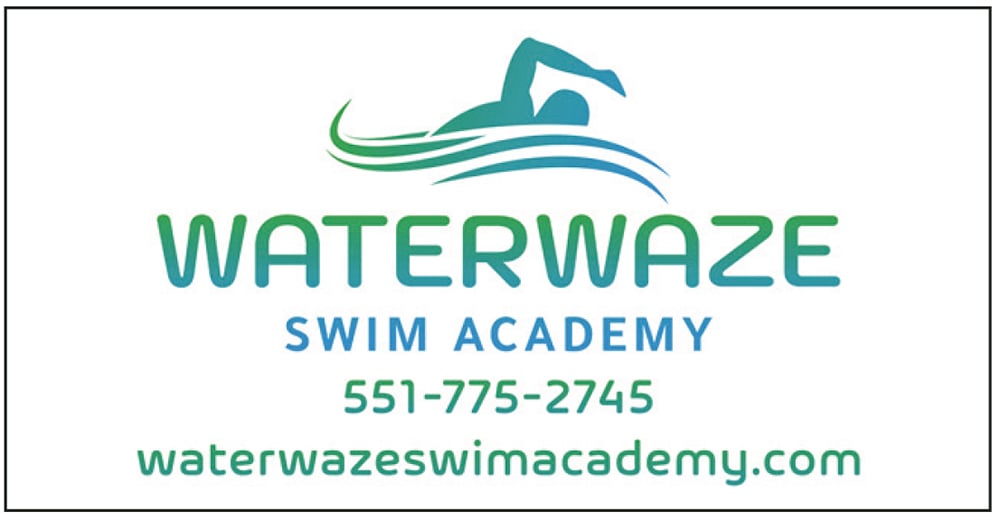
One of the benefits of living in Rockland County is how accessible pools are. Many of us have friends or neighbors who are willing to share. Maybe you’re not lucky enough to know the “right people,” but still get invited to pool parties or go to the bungalow colony for the weekend. Practically every camp offers swimming on a daily basis, and many have seasonal trips to waterparks. Swimming is a great activity that provides fun for the whole family. It offers numerous benefits, including sensory input, muscle tone, and strengthening, and helps with focus. The problem is that drowning is the sixth leading cause of death worldwide for children aged 5-14 years. Statistically speaking, if you both own a gun and have a swimming pool in the backyard, the swimming pool is about 100 times more likely to kill a child than the gun is. Every year in the United States, there are over 4,000 fatal unintentional drownings. Having been in the industry for over 15 years, Waterwaze Swim Academy has made it our goal to train parents, therapists and educators in what to look for when hiring a swim instructor. Over the next few weeks, this column will address the 10 most commonly asked questions about swimming lessons.
How Can I Tell if an Instructor
Is Pushing My Child too Far?
So you did your research, found a potential instructor and signed up for swimming lessons. Your child is making progress, and generally speaking, you’re happy. Here’s where it gets tricky. Sometimes, you notice the instructor pushing your child, and something about it makes you uncomfortable. You feel stuck. You don’t want to come across as a helicopter parent, and the instructor says they know what they’re doing … maybe you should just let it go. They’re the experts, after all, and you want your child to progress.
At the risk of repeating myself, swimming is one of the few activities where there is potential to cause permanent damage. Remember, you are the only advocate your child has. Be wary of instructors who consistently ignore your child’s anxieties and don’t treat them with compassion when they freak out about doing something that’s scary for them. An instructor’s job is to address a student’s fears and find a way to recreate and expand their comfort zone to include what they previously may not have been able to tolerate in small, doable steps. There are some swimmers that need to be pushed—but it should always be done in a way that includes kindness, empathy, care and, of course, fun!
If an instructor’s method of getting a child to do something they don’t like is to just force them to do it over and over, you can make it clear that you’re not okay with that and you would rather they take a more gentle approach.
Your child should not be in physical pain of any sort, including but not limited to—frequently gasping for air, constantly drinking pool water, sneezing (a reaction to getting water into the nasal passage), vomiting or choking. I am not saying that if a swimmer gets water in their nose once in a while when learning a new skill that it’s grounds to fire the instructor. You need to be able to take a step back and identify if your child is really in distress or if it’s actually a behavioral issue. We find parents can get blindsided by their child’s manipulative tactics—some of them will do anything to avoid doing what they don’t want to do. These kids are the exception. Generally speaking, a good instructor can address this in a way that doesn’t induce a power struggle. But regardless of your child’s tendencies, there should always be clear communication between the instructor and the parent. If you’re not okay with something occurring in the lesson, you have every right to voice your concern. A qualified instructor should have an immediate reasonable explanation and be open to hearing where you’re coming from—after all, you know your child best.
Next week we’ll talk about what to do differently if your child has sensory issues.
Stay wet and stay safe!
Swimcerely yours,
Zahava
Zahava Shapiro is the owner of Waterwaze Swim Academy, which has locations in Monsey, Lakewood, and Israel. At Waterwaze, we teach swimming to all ages, from 4 months to 99 years old, using a gentle approach that prioritizes comfort over skill. Instructors are trained in Total Immersion, Infant Swim and Swim Angelfish methods. Waterwaze swim instructors specialize in people who have been traumatized or affected by a negative experience with water. We believe every person is capable of learning how to swim. You can reach Waterwaze at 551-775-2745 or www.waterwazeswimacademy.com.











